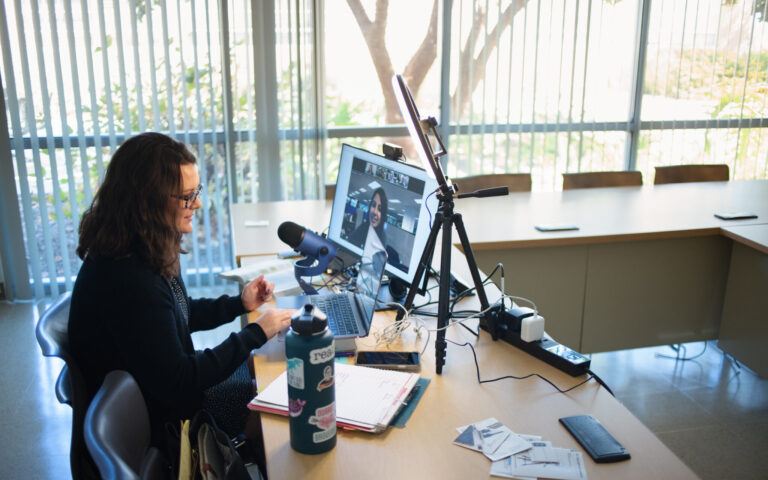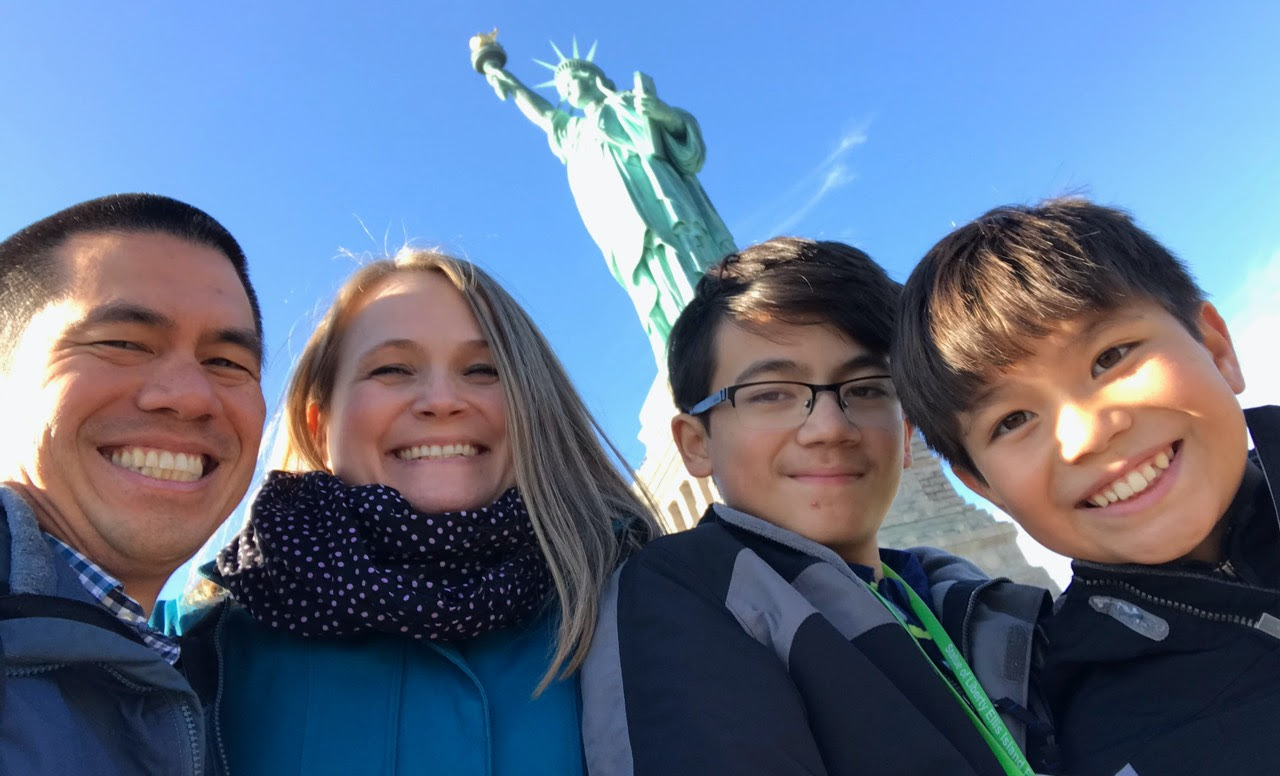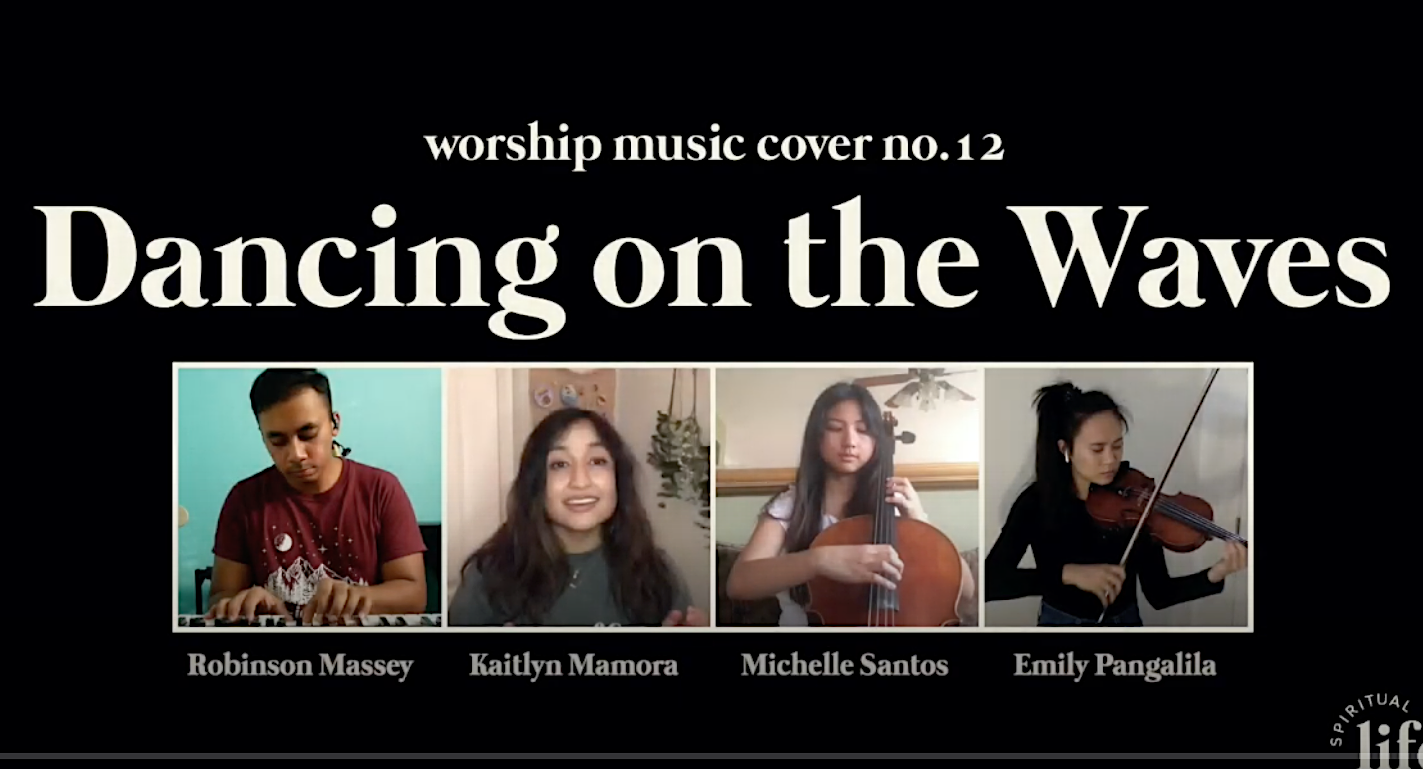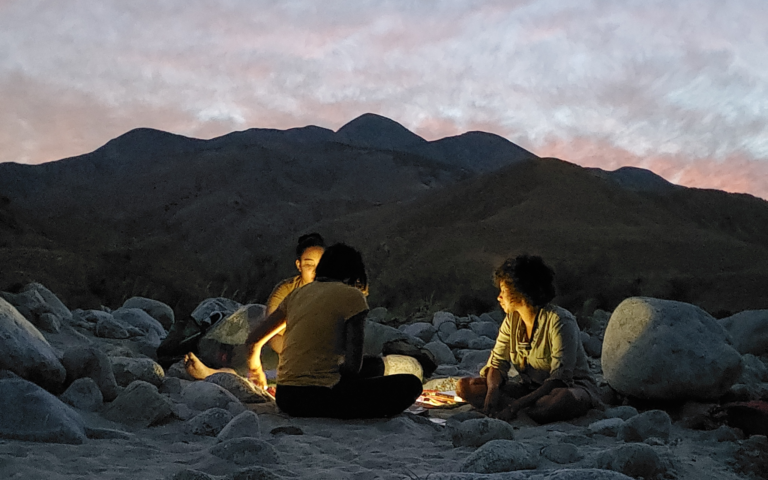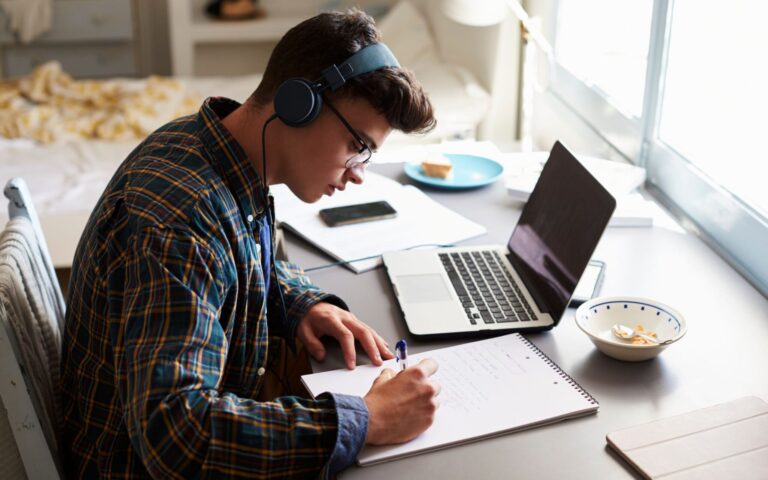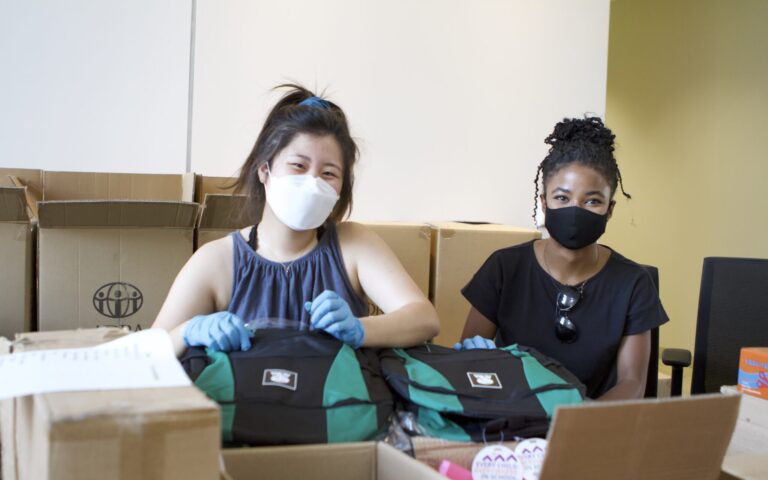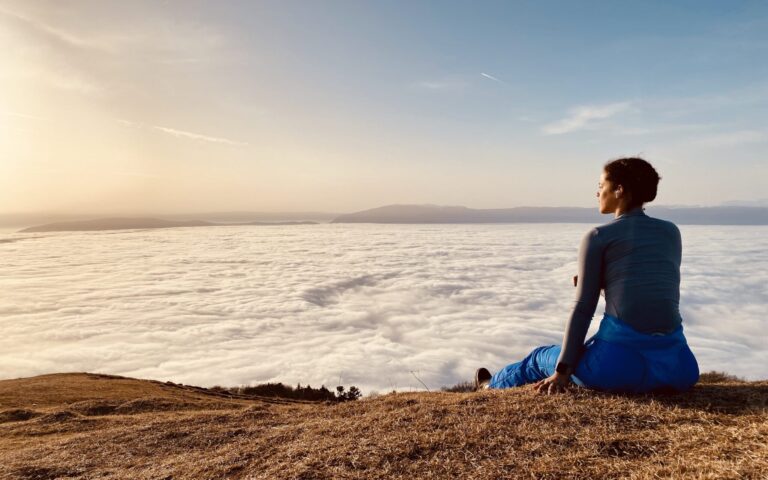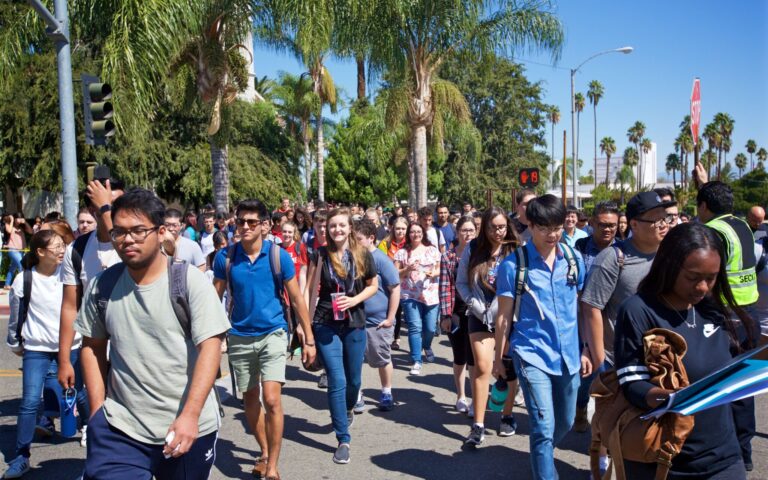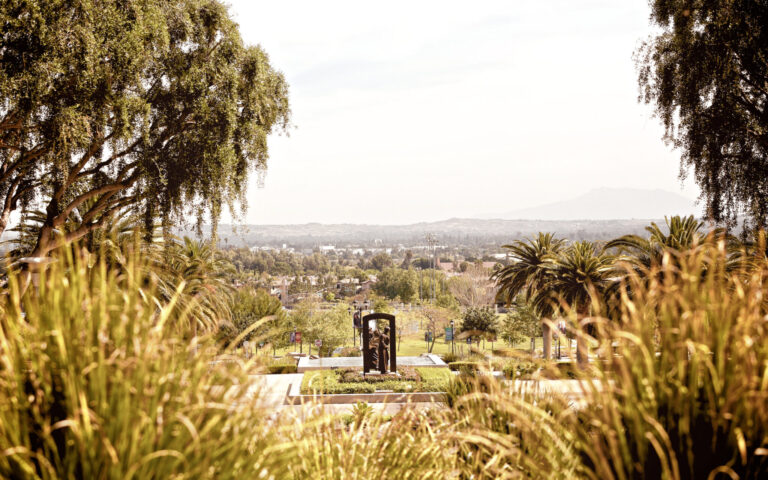By Darla Martin Tucker
Since hurriedly moving all campus operations online in March due to the advancing COVID-19 pandemic and stay-at-home orders, La Sierra University’s faculty and staff have been on a mission of finding ways to better connect with and serve La Sierra’s students.
While the campus remains closed toward ensuring the safety of its members and in keeping with state guidelines, university departments have drawn upon their abrupt spring quarter learning curve and invested significant time and resources during summer break to enhance online services and experiences for students. Classes for fall quarter began September 21.
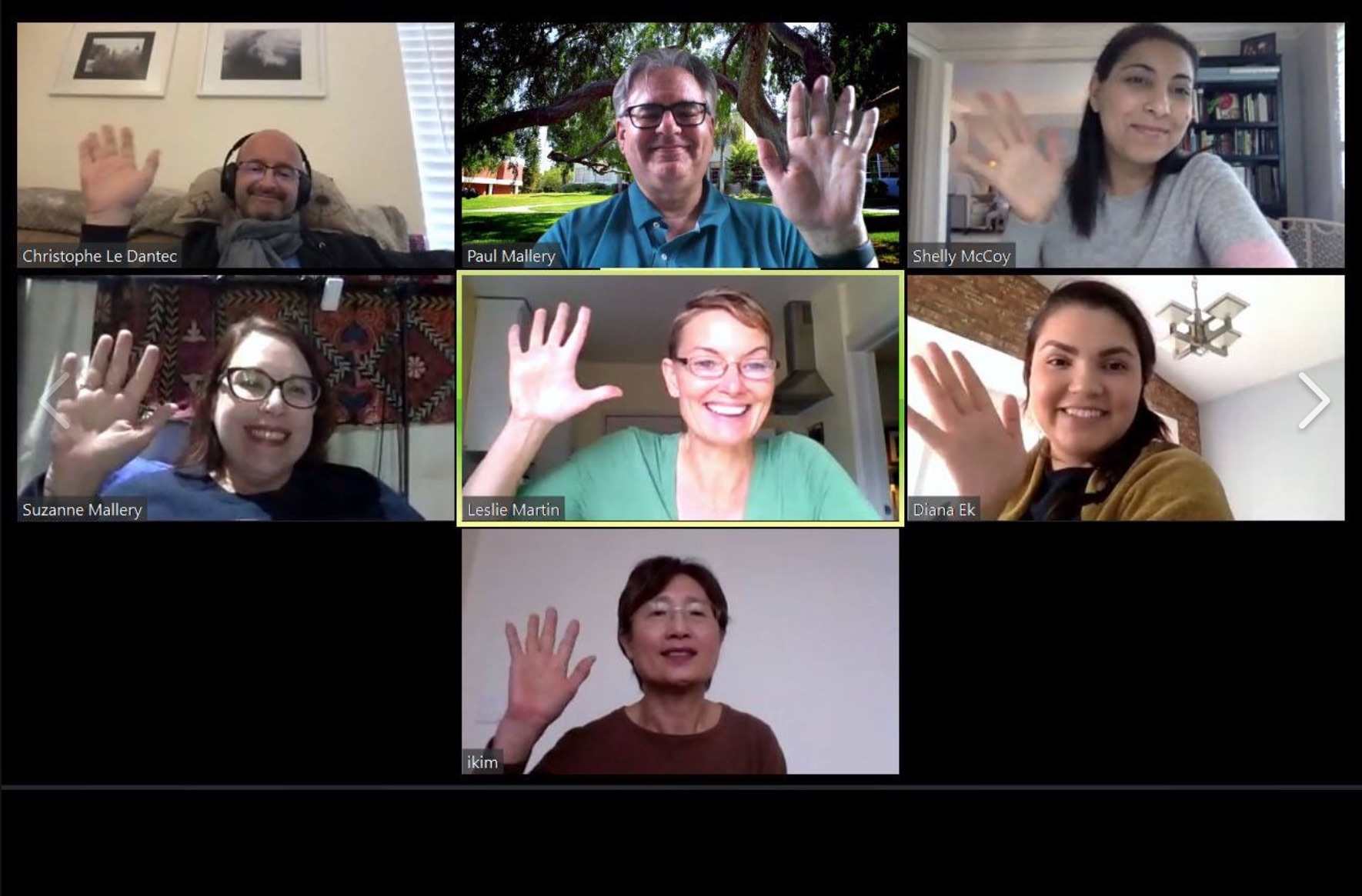
The university’s Department of Online Learning has offered expanded training on such platforms as Panopto, a video-based, searchable lecturing tool; Blackboard Learn, which provides a hub for delivering coursework, scheduling meetings and other activities; ProctorU, an online exam proctoring service; and advanced uses of Zoom video conferencing which the university implemented campus-wide when first moving online. Weekly table-top exercises in best practices and a faculty resource center with videos and articles are also available.
In addition to webinars, one-on-one instruction and assistance requests, approximately 75 live training sessions were offered in August and more than 30 in September, said Dr. Anna Hopson, director of the Online Learning department. “Before March we provided training for new tools mostly held on campus in groups or in scheduled face-to-face meetings,” she said. “These days, we are offering training daily. The use of the foundational tools has gone up over 100 percent with staff also using the video conferencing tools.”
In August, the College of Arts & Sciences developed a series of videos in which Assistant Dean Dr. Lora Geriguis interviews faculty members on their experiences and their advice and provides her own insights on use of Zoom, Google appointments, Flipgrid, Perusall AI grading technology and other tools. The conversational videos explore a myriad of approaches and issues including functional details such as optimal computer and microphone configurations to more complex matters such as whether students should be required to turn on their computer cameras during Zoom classes.

Geriguis noted that as of faculty colloquium week prior to the start of school, about 100 people had viewed the videos. The explorations of technology help in facilitating students’ interactions with each other as well as with professors, an important component of college life that is highly valued by students and that will help fill a void many freshmen experienced at the end of their senior high school year as schools shut down in-person learning.
While almost all courses will be held virtually at La Sierra, state guidance issued to higher education institutions on August 7 allows for limited in-person science labs and art studio classes. As such, La Sierra will hold several labs and studio courses on campus in a physically-distanced manner and in keeping with health and safety protocol. These include a SEA-GENES biology class taught by associate biology professor Arturo Diaz. The lab class researches viruses and will involve 15 students split between two lab rooms to allow for physical distancing of six feet. Students will be required to wear face masks and goggles while in the labs, and a system has been implemented to avoid sharing of lab supplies.
University services departments have also been busy bolstering their online offerings. Student Wellness Services provides Telemedicine, Teletherapy and assessment online, the library provides resource videos and online librarians, and the Office of Advising & Career Services recently created a one-stop, Zoom-based virtual ‘front desk’ to streamline interactions with students for tutoring, testing, academic advising, career services and other functions.
Pastor Jason Decena, recently hired to serve as campus chaplain and director of the Office of Spiritual Life, is entering his new role at La Sierra during the tumult of the pandemic. He is open to exploring new ways of connecting and of providing virtual campus spiritual activities such as weekly chapels which during spring quarter were hosted on YouTube. The university’s livestreaming platform and or even Instagram TV may be delivery options, he said.
“My primary goal for the Spiritual Life team for fall quarter is to make contact with all of the students,” Decena said. “It’s not a necessarily groundbreaking goal, but we recognize that pandemic and quarantine has taken a toll on all of us, physically, mentally, socially, emotionally, and spiritually.”
He added, “So much does get lost without the ability to be in the same space with a person, to be able to read their body language, to be able to make eye contact, and be able to share the energy of a common space. However, I know that God is among us and at work, so I’m excited to discover the new methods and spaces that he’s going to call us into.”

